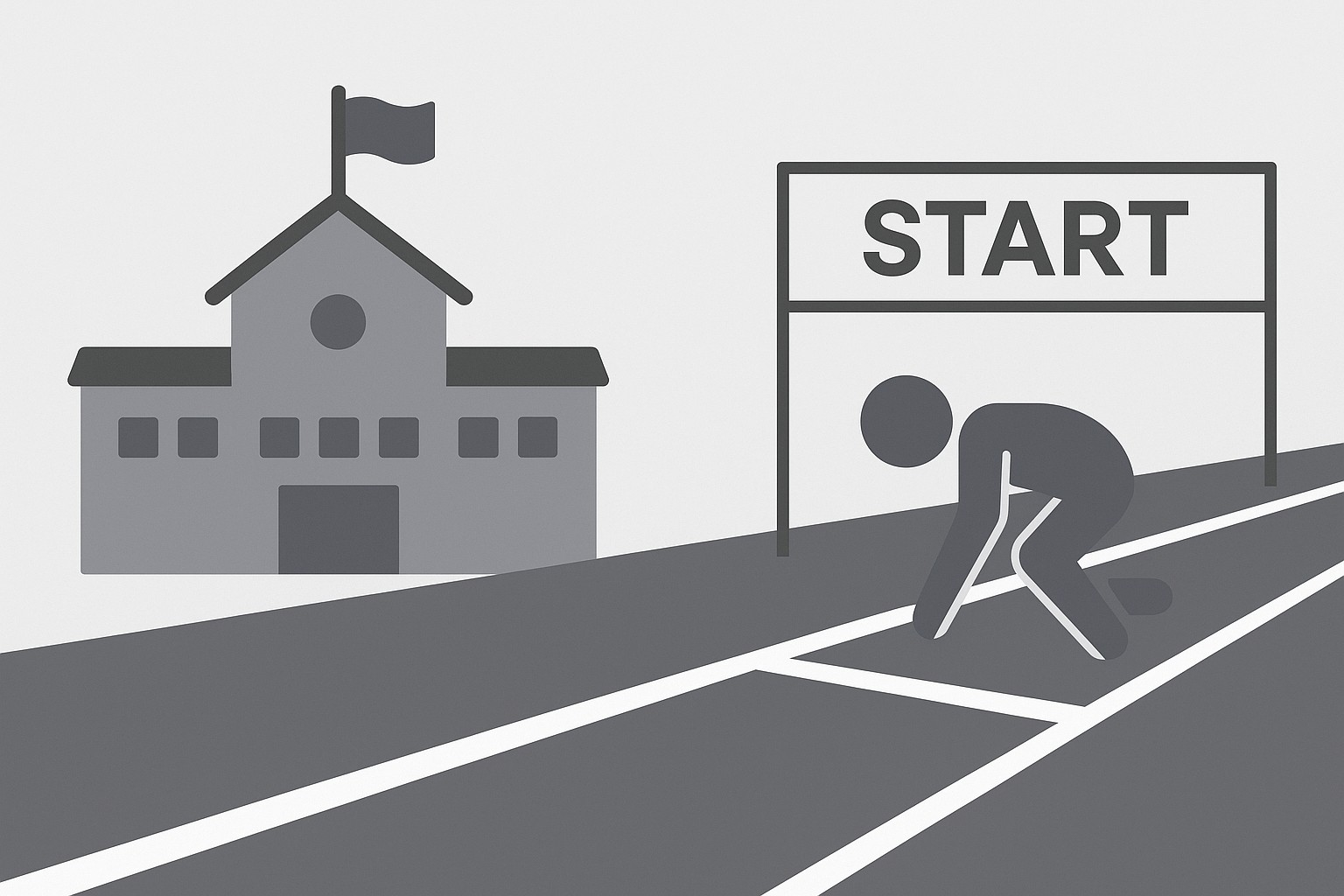Many parents ask: “My child is in a public school, the science classes seem simple and there aren’t many exams — should we just wait until high school to take it seriously?”
In reality, this mindset may cause problems later on. From Year 7 to Year 10 in New Zealand public schools, science moves at a relatively slow pace. Children appear to “understand everything,” so parents relax. But once high school begins, when systematic Physics, Chemistry, and Biology courses are introduced, many students find it hard to keep up.
🧑🔬 Y7–Y8: The Crucial Foundation Years
These two years are critical for building a foundation in science. The goal isn’t to push extremely hard content, but to establish basic scientific concepts — such as variables, energy transfer, and cell structures — and, more importantly, to help children learn to express science in English so they don’t just “get it,” but can explain it accurately.
Key focuses:
- Core concepts: e.g., understanding what “variables” are
- Language skills: describing scientific phenomena accurately in English
- Interest development: connecting science with real life
Although public schools teach at a relaxed pace, that doesn’t mean children can be left entirely on their own. Without timely guidance, students may feel like they understand the content but fail to develop deep comprehension. By contrast, students in private schools often consolidate these basics through frequent assessments at this stage.
🚀 Y9–Y10: Transition to Structured Learning
From Year 9 to Year 10, science content becomes more structured, but still not too deep. If students only rely on classroom material, they may face gaps by Year 11 when choosing subjects. Topics such as motion and forces in Physics, reaction equations in Chemistry, and mechanism questions in Biology can easily become “studied but not understood.”
At this stage, children need to deepen their understanding of fundamentals, get familiar with different question types — especially data analysis and mechanism-based questions — and begin training in structured English responses to prepare for high school exams.
❌ Don’t Wait Until Grades Drop
Many parents only consider tutoring when their child’s grades start dropping in high school. By that time, students must not only catch up on content but also adjust their answering habits and thinking patterns, which adds significant pressure. Science learning is cumulative and cannot be mastered through short-term cramming.
📝 Key Takeaway
Planning for science learning should start from Year 7 or Year 8. Without early guidance, students may easily fall behind during this stage. Building the right learning habits early ensures they remain competitive in both NCEA and Cambridge science courses later on.

